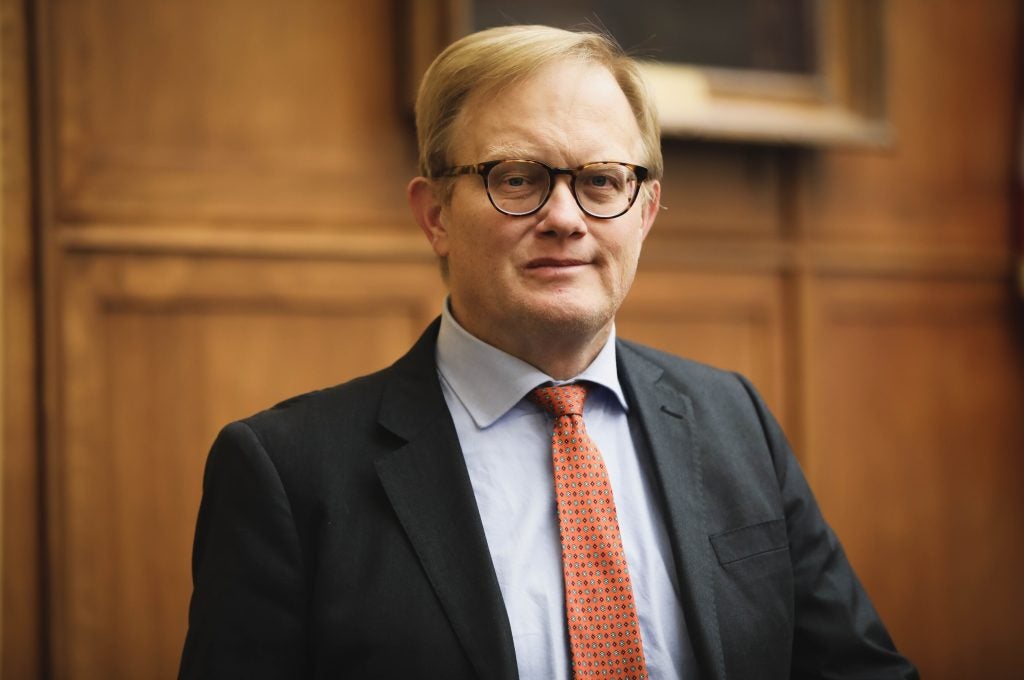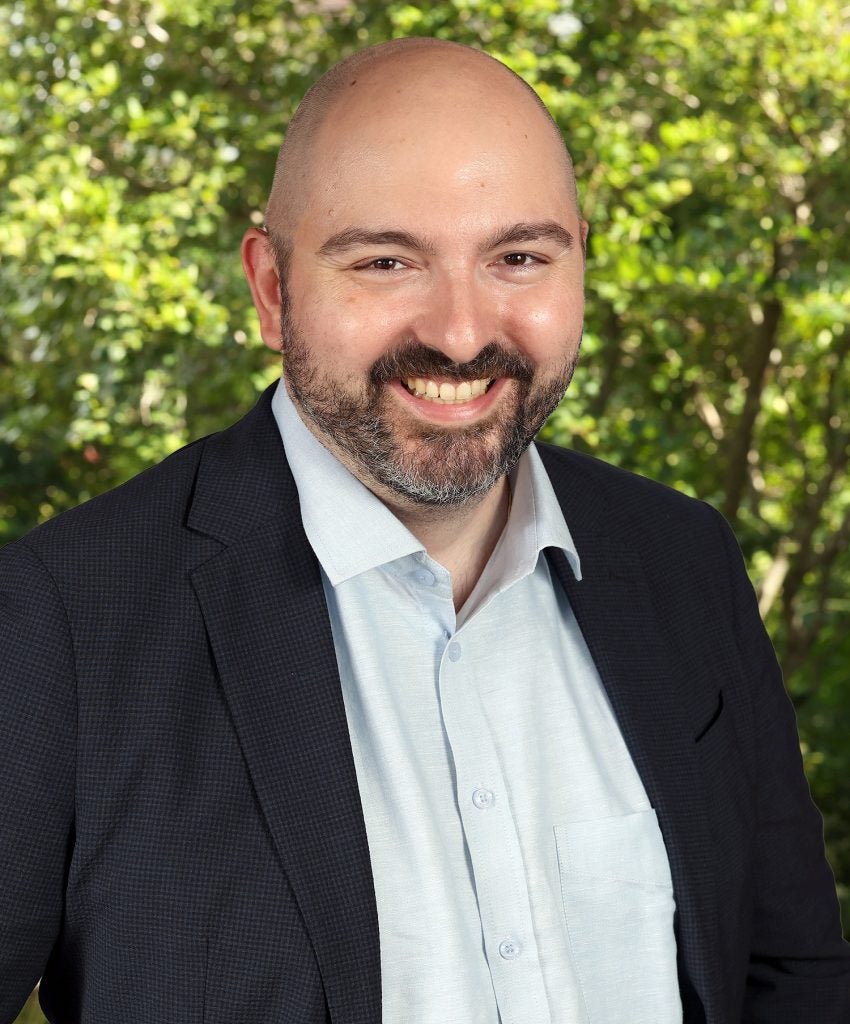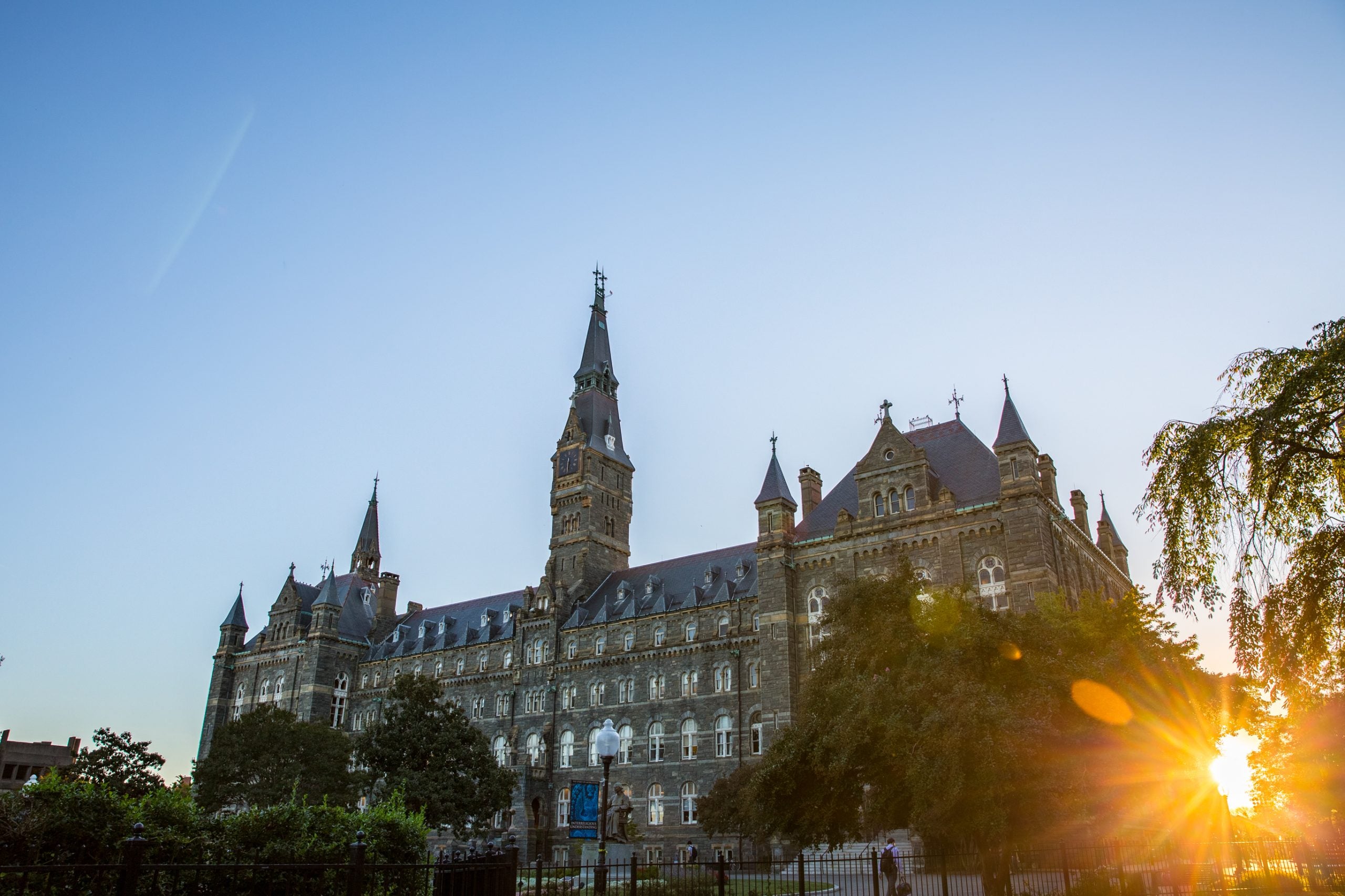New Georgetown visiting fellows program welcomes experts in tech governance, law and media
The inaugural class of Tech & Public Policy Visiting Fellows at Georgetown’s McCourt School of Public Policy includes a veteran attorney of the FTC, an engineer turned policy entrepreneur and a former member of Meta’s AR/VR policy team.
The Tech & Public Policy program (TPP) at Georgetown University’s McCourt School of Public Policy established a new visiting fellows program in January of 2024, drawing interest from leading experts working across sectors at the intersection of technology and policy. Members of the inaugural class include a leading attorney with deep experience at the FTC who is now counseling members on the House Committee on the Judiciary, an engineer turned policy entrepreneur and a former member of Meta’s augmented reality (AR) policy team who is now a professor of communications law and media ethics.
Over the 2024-2025 academic year, TPP Visiting Fellows will lead discussion groups with students on tech policy-related topics and offer one-on-one conversations through regular office hours, sharing their insider experiences with students and opening doors into the world of tech policy. Fellows will participate in academic life as guest lecturers in the classroom and at special events, as researchers on emerging tech policy topics and as guides on student site visits to civil society organizations, tech companies, government agencies and key trade associations.
Meet the Spring 2024 Tech & Public Policy Visiting Fellows

Victoria Houed is an engineer turned policy entrepreneur who has dedicated her career to improving the tech policy ecosystem and government modernization. She is currently the director of AI policy and strategy at the U.S. Department of Commerce and senior advisor at the POPVOX Foundation. She was previously a manager at Schmidt Futures where she funded key science and technology policy initiatives and educated relevant stakeholders on how to best advocate for their policy ideas in the legislative and executive branches.
Before joining Schmidt Futures, Houed worked as a TechCongress congressional innovation fellow for former House Speaker Nancy Pelosi where she supported Pelosi during the COVID crisis on all things technology (including broadband, disinformation, antitrust and more). She started her career as a software engineer at Cards Against Humanity and founded BlackByte, a nonprofit for Black women in technology.

Gustav Chiarello (MPP’96), a graduate from what was then known as the Georgetown Public Policy Institute (GPPI), now the McCourt School of Public Policy, is a leading antitrust and competition policy and enforcement attorney with extensive federal agency experience across all tech sectors. During his more than 17 years at the Federal Trade Commission, Chiarello played key roles in developing competition policy and advocacy, and he led antitrust investigations and enforcement into many matters at the intersection of technology and antitrust within the Bureau of Competition.
While at the FTC, Chiarello investigated several tech companies at the cutting edge of competition and was an attorney advisor to then-Acting Chairman Maureen Ohlhausen on all competition matters before the agency. In February 2023, Chiarello began working as a counsel on detail with the U.S. House of Representatives Committee on the Judiciary to aid the members on agency oversight and legislative matters.

Joseph Jerome is a visiting assistant professor in the Department of Communications at the University of Tampa where he teaches communications law and media ethics. A privacy attorney by trade, he was previously a member of the policy team at Meta Reality Labs where he provided privacy advice on AR and immersive technologies. Before that, he advocated for state tech policy efforts at the Center for Democracy & Technology and Common Sense Media. He also served as policy counsel at the Future of Privacy Forum and was an associate in the privacy and cybersecurity practice at WilmerHale.
Jerome’s policy interests rest at the intersection of law and technology, and he has written about immersive technologies, big data, data portability policy, trust deficits in the online sharing economy and policy issues in video gaming.
